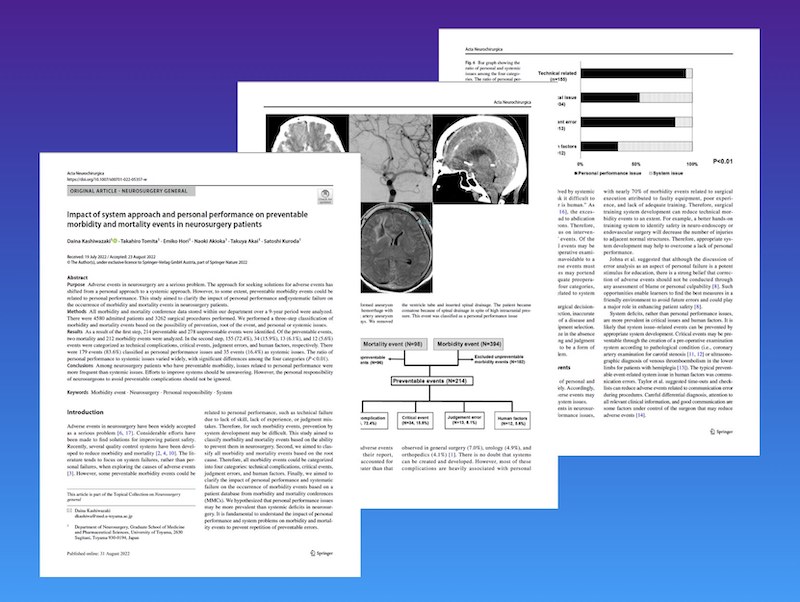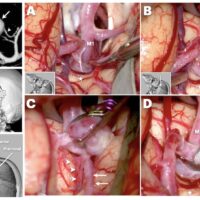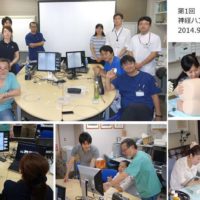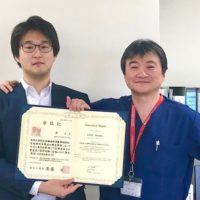
当科の講師・柏崎大奈先生が脳神経外科における医療安全に関する論文をActa Neurochir (Wien)誌に出版しました。2019年の論文に次いで2編目です。前回の論文では、定期的に開催しているMortality & Morbidity Conference (MMC)が、回避しうる合併症の予防にきわめて有効で教育効果が高いことを示しました。一方、今回の論文では、回避可能な合併症の原因は、システム的な問題よりも個人的なパフォーマンスに関わる問題の方が頻度が高いことが判明しました。システムを改善する努力は揺るぎないものでなければならないのは当然ですが、同時に、回避可能な合併症を減らすためには脳神経外科医個々の責任も無視してはなりません。当然と言えば当然の結果ですが、9年間続けてきた前向きな解析によって、よりよい脳神経外科診療を提供するには個人としても集団としても常に向上する努力を止めてはいけないことが明らかとなりました。
Boys and girls, be ambitious!
A Voyage to Depth of Neuroscience Vol. 86
Dr. Daina Kashiwazaki published the second article on safety management in neurosurgical practice in Acta Neurochir (Wien), an official journal of European Association of Neurosurgical Societies.
Abstract
Purpose; Adverse events in neurosurgery are a serious problem. The approach for seeking solutions for adverse events hasshifted from a personal approach to a systemic approach. However, to some extent, preventable morbidity events could berelated to personal performance. This study aimed to clarify the impact of personal performance and systematic failure onthe occurrence of morbidity and mortality events in neurosurgery patients.
Methods; All morbidity and mortality conference data stored within our department over a 9-year period were analyzed.There were 4580 admitted patients and 3262 surgical procedures performed. We performed a three-step classification ofmorbidity and mortality events based on the possibility of prevention, root of the event, and personal or systemic issues.
Results; As a result of the first step, 214 preventable and 278 unpreventable events were identified. Of the preventable events,two mortality and 212 morbidity events were analyzed. In the second step, 155 (72.4%), 34 (15.9%), 13 (6.1%), and 12 (5.6%)events were categorized as technical complications, critical events, judgment errors, and human factors, respectively. Therewere 179 events (83.6%) classified as personal performance issues and 35 events (16.4%) as systemic issues. The ratio ofpersonal performance to systemic issues varied widely, with significant differences among the four categories (P < 0.01).
Conclusions; Among neurosurgery patients who have preventable morbidity, issues related to personal performance weremore frequent than systemic issues. Efforts to improve systems should be unwavering. However, the personal responsibilityof neurosurgeons to avoid preventable complications should not be ignored.









